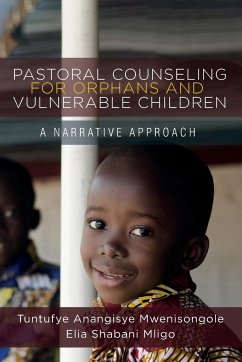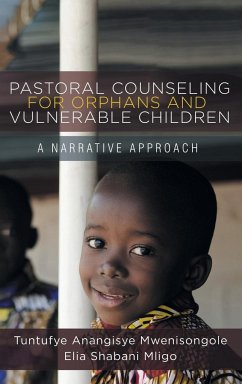Paul Snell, novice reporter, gets assigned a weekly column on chess, mostly because of his faux-filial attachment to the Hane Tribune's owner Waldo Turner. In return Snell promises to attend to, and probably marry, Waldo's fragile, unhinged niece Pamela Snow. The unlikely couple soon enough latch onto American chess prodigy, Mikey Spendip and his mother Vera, as they ascend the ladder of tournament chess. During the summer of 1980 at the Interzonal Finals in Manila, Philippines Spendip is persuaded to aid an uprising against dictator Ferdinand Marcos by deliberately losing a crucial match. But that gesture slips into a gory, comic fiasco. The novel is an ironic commentary on the nature of chess, chance, and love, in revolutionary circumstances. ""Take Eric Ambler, add a dollop of Carl Hiassen, and a drop of Graham Greene bitters, and you get Manila Gambit. John Zeugner keeps you laughing (almost) to the breathtaking end of this tale told by an hedonic journalist who follows the sun and a clutch of chess masters from Florida to the Philippines under the Marcos dictatorship. His travels are complicated by an addled girlfriend, her dysfunctional family, and a band of terrorists."" --Chandler Thompson, translator and journalist ""John Zeugner's latest novel, a fast-moving chess thriller (!) weirdly entangled in cold-war and guerrilla-war intrigue, brings together a humanitarian's love for the 'little gestures that count' with an historian's understanding of the vast geo-political structures that make us stumble and fall. The writing, moreover, mirrors the favored style of chess. Punctuated by bold gambits, it advances a complex plot with rapid-fire dialogue that sparkles with verve and wit. A wonderful read!"" --Joseph P. Lawrence, Professor of Philosophy, College of the Holy Cross ""All authors of fiction are jealous of other authors of fiction so I suggest everyone get out their knives in anticipation of John Zeugner's latest novel, Manila Gambit. He certainly has stolen my dream by successfully creating a second life career as a novelist, and his work just keeps getting better. In Manila Gambit he has moved from his previous work, which was heavily based upon his real life experiences, to a fiction lighter, and yet better crafted, than anything he has written before. Its sense of place, people, and time put it in the ranks of the best of light comedic fiction up there with Peter Maryle and Compton Mackenzie."" --Bruce Stronach, Dean, Temple University, Japan Campus John Zeugner's collected stories, Under Hiroshima, (2014), about teaching in Japan won the Serena McDonald Kennedy Prize for fiction. He has published a novel, Soldier for Christ, a collection of three short novels, Food for Jackals, (2014), and another collection of stories, Life-Arc Teaching Tales, (2015). He briefly played for the Harvard chess team, after the first three boards left the college for personal or academic reasons.
Hinweis: Dieser Artikel kann nur an eine deutsche Lieferadresse ausgeliefert werden.
Hinweis: Dieser Artikel kann nur an eine deutsche Lieferadresse ausgeliefert werden.








